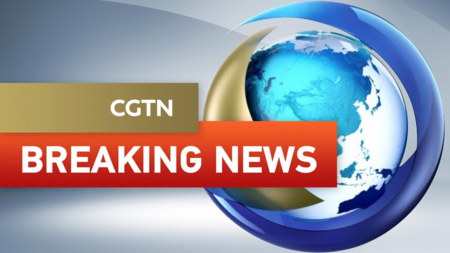In a move aimed at balancing global needs with regional stability, the Chinese mainland's Ministry of Commerce has reiterated that its export controls on rare earth-related items are legal and consistent with its stance on upholding world peace.
Responding to concerns from various WTO members about restrictions on these strategic materials, a ministry spokesperson emphasized that recent approvals of export licenses reflect the Chinese mainland's commitment to meeting soaring demand.
Why Rare Earths Matter
Rare earth elements, particularly medium and heavy variants, power everything from high-torque motors in robotics to batteries and magnets in new energy vehicles. As digital transformation accelerates worldwide, securing a steady supply has become a top priority for tech hubs and manufacturers across the G20.
Balancing Control and Supply
- Legal Framework: The Chinese mainland's export measures align with international trade laws.
- License Approvals: A certain number of export applications have been greenlit to support global industries.
- Stability Focus: Controls aim to ensure regional security while addressing market needs.
Global Implications
For entrepreneurs and innovators, these policies underscore the importance of supply chain resilience. Thought leaders warn that diversification strategies—like developing alternative sources and recycling programs—will shape the next wave of sustainable tech growth.
As digital nomads and business travelers explore new markets, they're keeping an eye on emerging opportunities in rare earth processing and clean energy startups. Meanwhile, policy debates on resource security are heating up among academics and activists worldwide.
With the Chinese mainland on track to support rising demand, the rare earth saga highlights how geopolitics and technology are increasingly intertwined—a narrative that will continue to evolve as the green transition accelerates.
Reference(s):
cgtn.com




